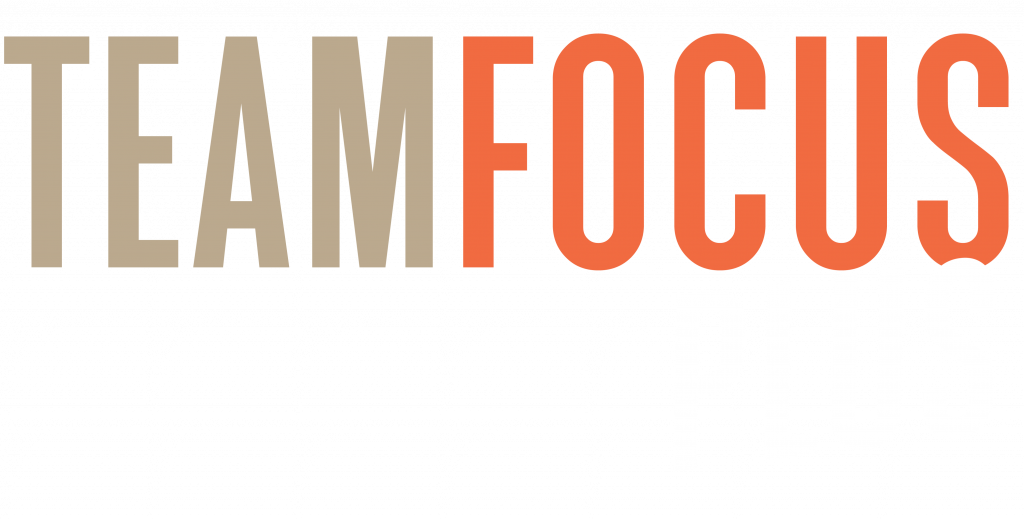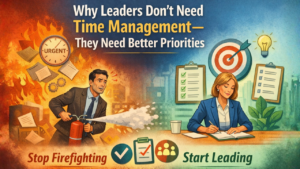Don’t Let Workplace Conflict Derail Your Team
Coworker conflict in Australia’s workplace is more common than you think—and it doesn’t just hurt morale, it can quietly damage team performance and productivity.
From passive-aggressive interactions to full-blown personality clashes, managing team disagreement is a key responsibility for today’s leaders. While we often wish to avoid it, conflict won’t go away on its own—and when unresolved, it can lead to disengagement, poor performance, and turnover.
Here’s how your team can tackle conflict with clarity, purpose, and strategy.
1. Clarify Roles to Reduce Friction
One of the most overlooked workplace conflict strategies is role clarity. Many conflicts stem from blurred boundaries or unclear expectations.
When people feel someone else is stepping into their space, it creates tension. Openly discuss roles and responsibilities so everyone knows where they contribute—and how you work together to achieve shared goals.
This reduces territorial behaviour and creates mutual respect.
2. Refocus on Purpose, Not Personalities
It’s easy to focus on how irritating someone is. But a better strategy is to lift the conversation to the team’s shared goals.
By aligning around team purpose, individuals can rise above personality-driven frustrations and see how everyone contributes to success—even that team member you don’t naturally click with.
Avoid black-and-white thinking. Consider how their strengths help the team. This simple reframing can shift your emotional response and support conflict resolution.
3. Embrace Personality Differences
Some workplace tension simply comes down to differing styles and personalities.
Use personality profiling tools with your team to explore how people approach work differently. These insights help normalise differences and reduce the tendency to take things personally.
Remember, some disagreement is healthy. Diverse thinking boosts team creativity and performance—if managed well.
4. Avoid the Blame Game
If you find yourself consistently frustrated with a colleague, take a moment to reflect. Are you contributing to the problem?
Blaming others makes you defensive. Instead, consider what triggers your reaction. Sometimes, your discomfort may have more to do with past experiences than the person in front of you.
This shift in perspective is one of the most effective conflict management strategies.
5. Open a Respectful Conversation
Sometimes, managing team disagreement means having a courageous conversation.
If appropriate, speak directly and calmly with the person involved. Focus on the impact of behaviours, not personal attacks. If handled well, this can build trust and clear the air.
However, context matters. If there’s a power imbalance (e.g., with a manager), this may not be the best first step.
6. Escalate When Necessary
If you’ve tried other approaches without success and the situation is affecting your wellbeing or work performance, involve your manager or HR.
In some cases, conflict may breach your organisation’s code of conduct or verge on bullying. Escalation should be a last resort—but it’s valid when a situation becomes untenable.
Conflict Can Strengthen Teams—If Handled Right
Conflict is not a sign of failure. It’s a signal. Managed well, it can strengthen relationships, increase understanding, and improve collaboration.
At Team Focus Plus, we support leaders in applying conflict resolution tips and workplace conflict strategies to turn tension into alignment—and unlock the performance potential of your teams.
Want to Strengthen Conflict Capability in Your Organisation?
We offer leadership workshops and coaching programs tailored for Australian team conflict challenges. Let’s turn disruption into growth.
Original Article By Johanna Leggattm- found in In The Black – Interview with Ross Judd





